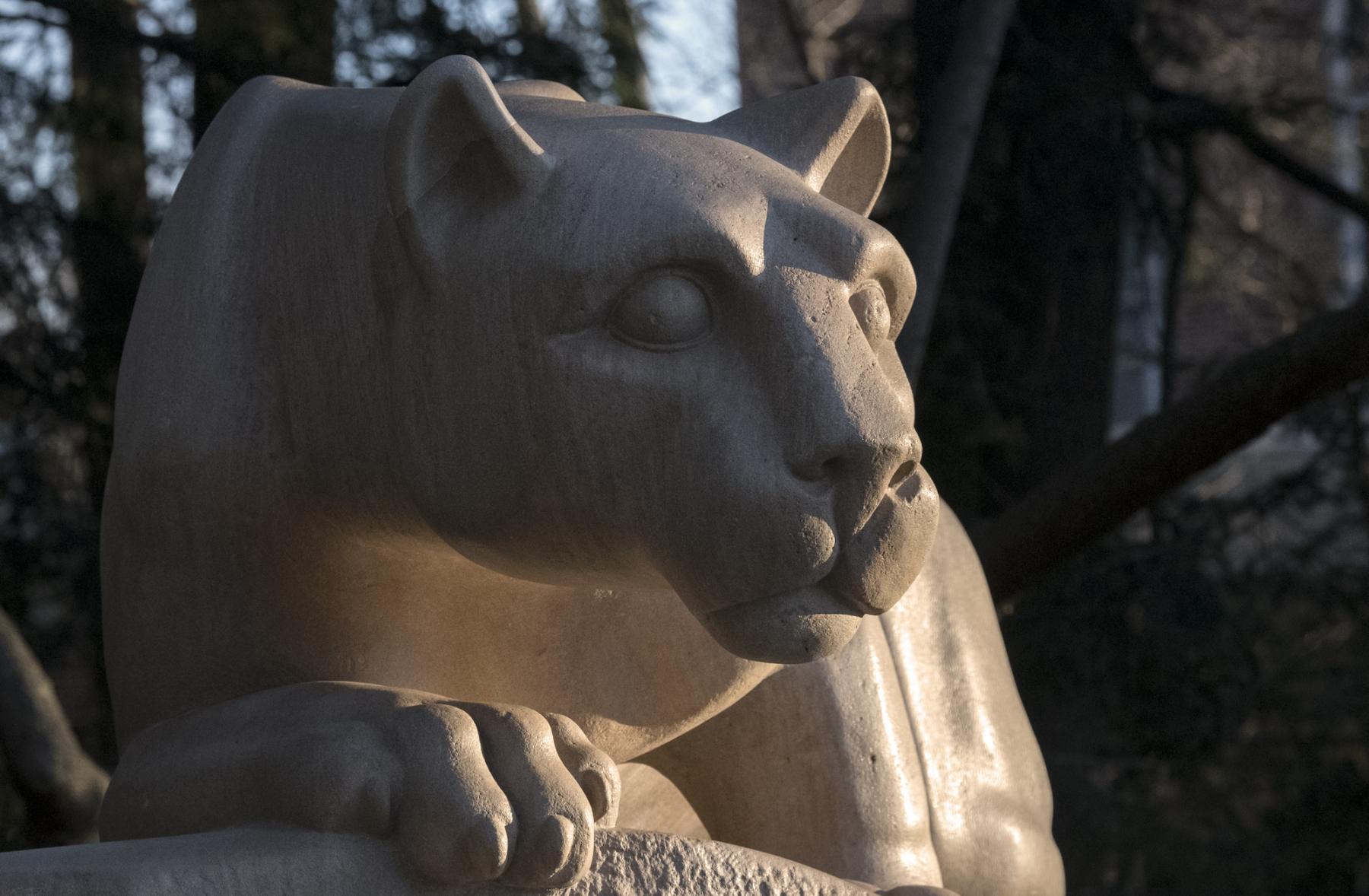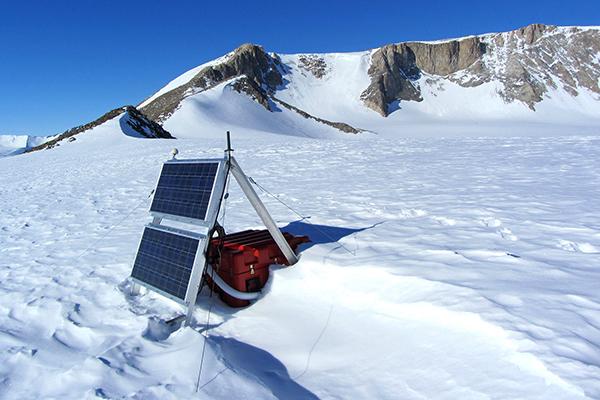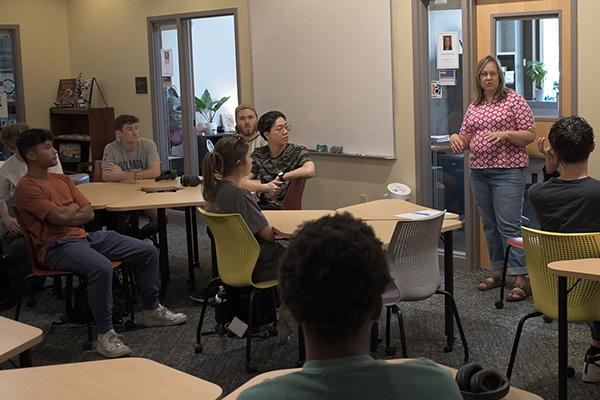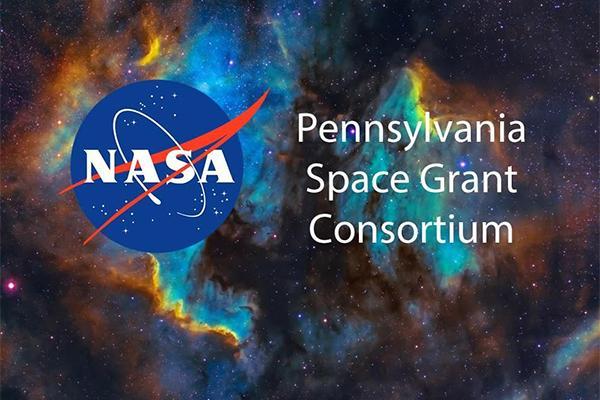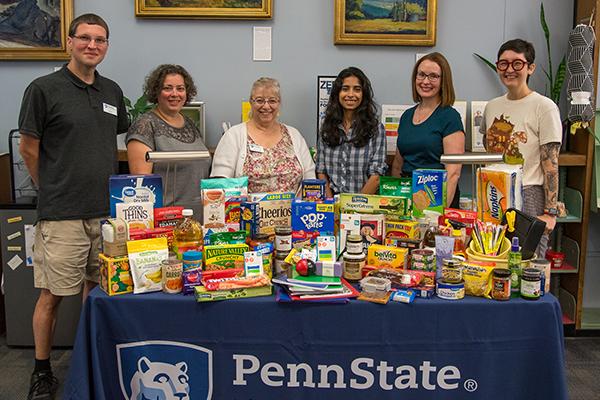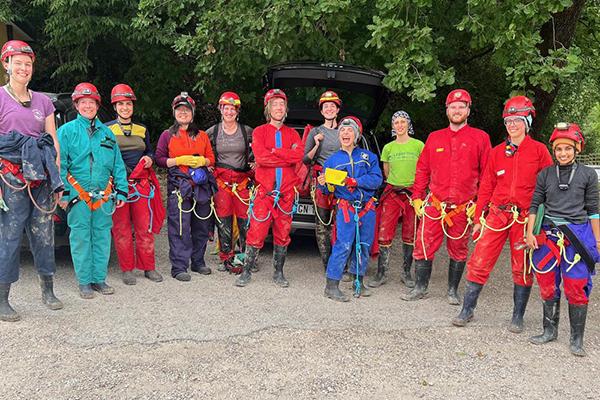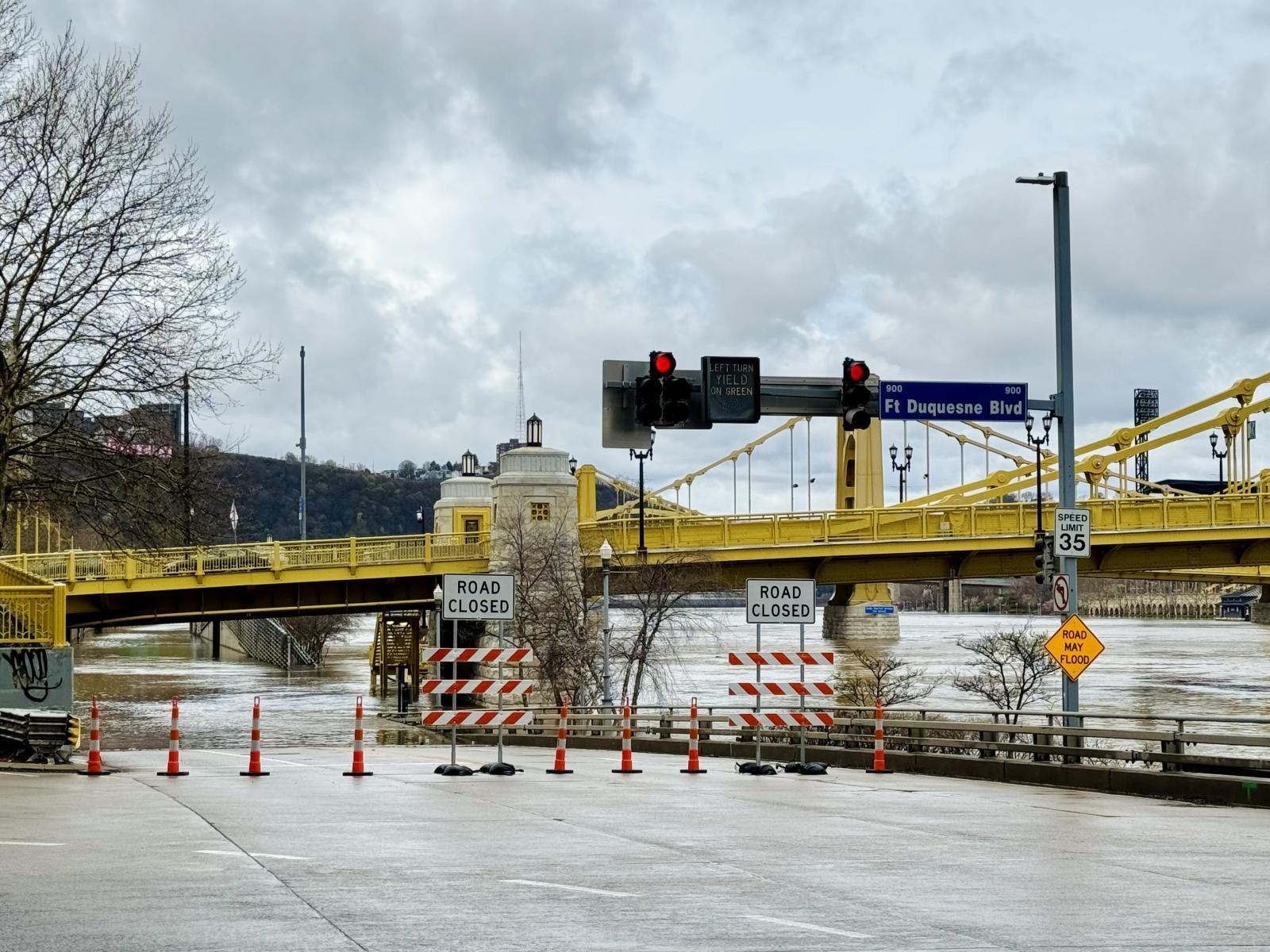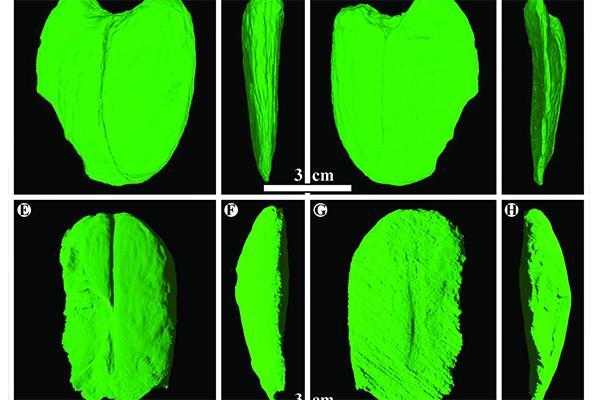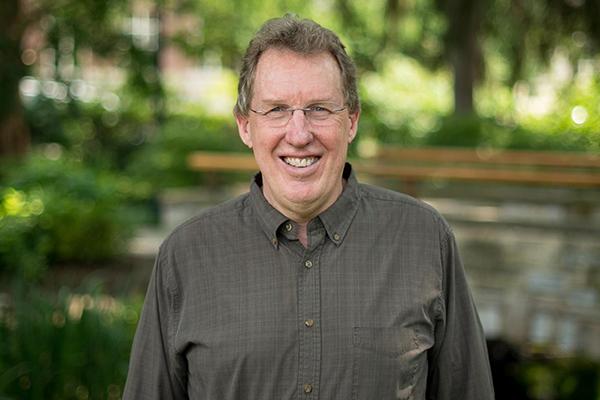U.S. Fullbright Scholar: Sridhar Anandakrishnan, professor of geosciences, College of Earth and Mineral Sciences; Australia
Polar Earth Observing Network monitoring station that collects GPS and seismic measurements to understand ice sheet behavior.
Water flowing on the Colorado River near Moab, Utah. The Colorado River is a vital source of water in the Western United States, providing drinking water for homes and irrigation for farms in seven states, but the basin is under increasing pressure from climate change and drought. A new computational tool developed by a research team, led by Penn State scientists, may help the region adapt to a complex and uncertain future.
Karen Marosi, director of student engagement in EMS, talks to students participating in the summer MCREU program.
Seventeen graduate students from Penn State have been awarded research fellowships and six undergraduate students from the commonwealth have been awarded scholarships for 2024 from the Pennsylvania Space Grant Consortium. 2024 graduate fellowship recipient: Adam Stone, geosciences.
Aaron Procious, left, Liz Long, Linda Musser, Harman Singh, Megan Fletcher and Elliott Rose show off some of the hundreds of items donated to the Fletcher L. Byrom Earth and Mineral Sciences (EMS) Library Food Pantry. The items will go to students in need.
Students in the international geobiology course run through Penn State visited Italy, New York and Penn State to learn advanced research, field and lab techniques. International Geobiology Course (IGC) offered at Penn State and funded by the Agouron Institute and Simons Foundation. It’s directed by Katherine Freeman, Evan Pugh University Professor of Geosciences, and Jennifer Macalady, professor of geosciences.
The 10th Street Bypass in Pittsburgh: Penn State students, Carnegie Mellon students, Penn State faculty and staff from the Franco Harris Pittsburgh Center at Penn State are collaborating to use existing fiber optic cables to predict dangerous potential geohazards like flooding, landslides and sinkholes in Pittsburgh.
Scans of the a giant fossil legume revealed the extinct species is a relative to the modern black bean tree.
Andrew Nyblade took over the Department of Geosciences in 2019 and steered the department through a global pandemic while creating key faculty hires.


